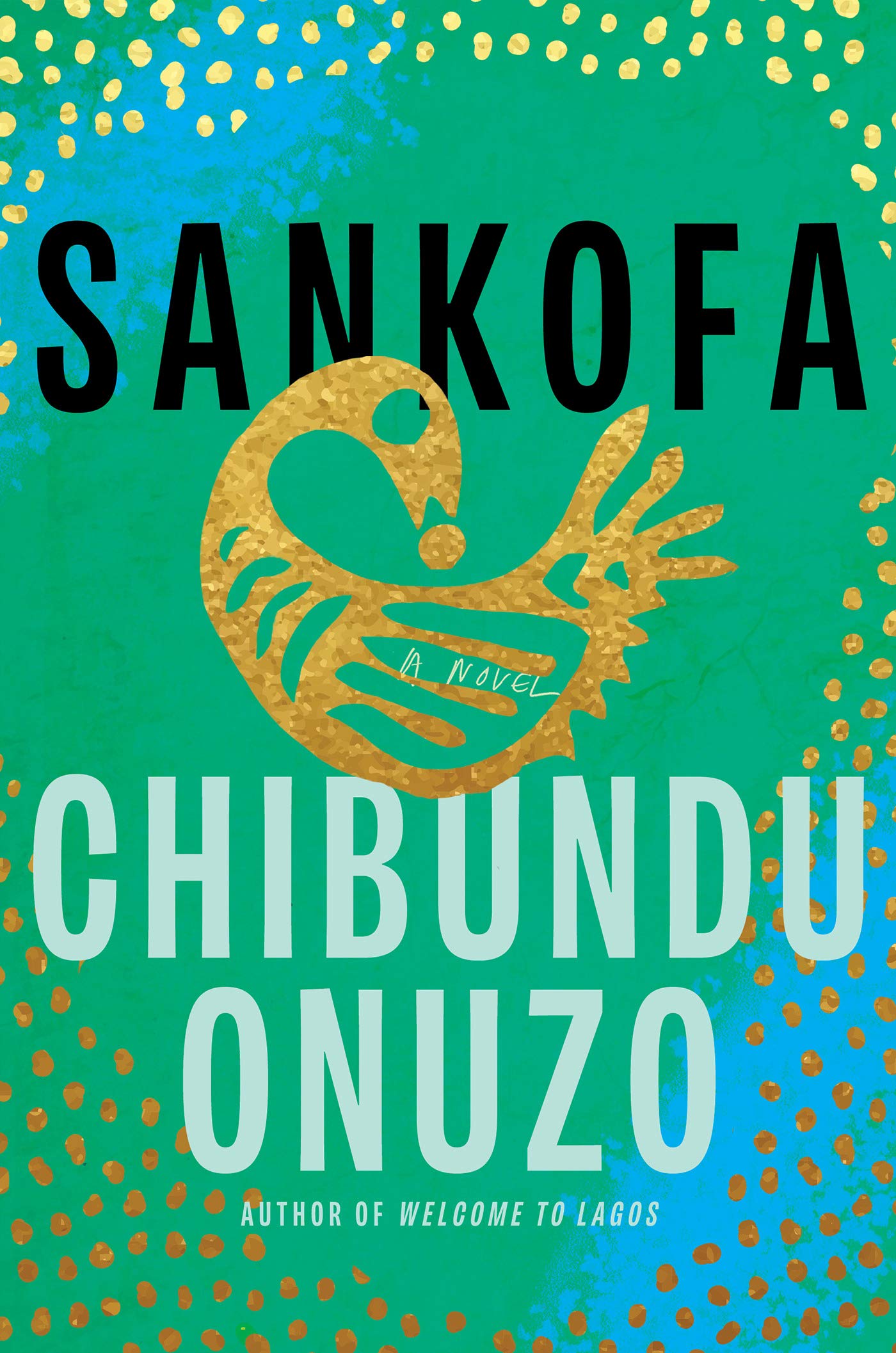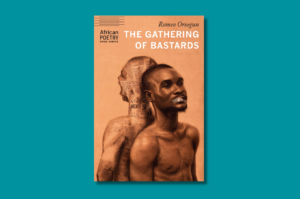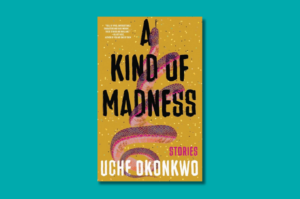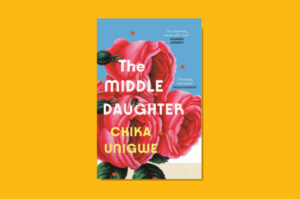
Chibundu Onuzo’s third novel Sankofa is currently the toast of the global literary community, with Amazon endorsing it as one of its major launches and the American Oscar winning Actress Reese Witherspoon selecting it for her book club. This interest in the book comes from the deeply human story at its center and relatable characters who remind us to lean into our personal stories of becoming.
The title of the novel is an Akan word that evokes the power of confronting the past to illuminate the future, a concept that beautifully captures the life of the main character. Anna is a mixed race black British woman. When the story begins, her life is somewhat in tatters. Her marriage is effectively over due to her husband’s infidelity. She is still in the throes of mourning a dead mother. Her only child is lovely but mostly off leading an enviously independent and successful life. The humdrum of Anna’s world is suddenly disrupted when she finds a diary hidden among her dead mother’s belongings. What follows is a gripping drama in which Anna goes on a life-changing journey all by herself to Bamana, a fictitious West African country.
The diary belongs to her father, a West African man named Francis Aggrey. Anna grew up not knowing much about her father because her mother never talked about him. Their relationship ended after she became pregnant with Anna. In her daily reading of the diary, Anna discovers that her father took part in the decolonization struggle in 1970s London. Through the diary, the novel, though set in the present, shuttles back and forth in time.
The first part of the story sees Anna following breadcrumbs from the diary in search of her father’s former associates in the UK. As her interest in her father grows, Anna looks him up on the internet and finds that he is likely no longer the young revolutionary of his youth and quite possibly a murderous dictator. But she is not deterred. She wants to know him. She takes baby steps at first, knowing that this desire to venture into the unknown in search of something as scandalous but also as cliché as a lost father was very unlike her. It is beautiful to see Anna grow into the realization that searching for a lost father is ultimately searching for one’s self. Onuzo essentially reminds us that we are never too old and it is never too late in life to “know thyself.” She captures the endless process of becoming, the many rites of passage we undertake at key moments in our lives. Having lived in a small world centered on a husband who eventually betrays her, Anna finds that going on a journey of self-discovery is a worthy pilgrimage.
Onuzo gives us a fresh, intimate take on an aspect of African history that still holds so much fascination for us today. As a literary scholar, I find novels that enrich knowledge of the past to be truly special. Using Francis’ diary as a portal into the past, Onuzo offers glimpses into the era of decolonization, specifically, what it felt like and looked like to be a “woke” African youth in 1970s London. The diary captures the headiness of those feverish days of anti-colonial struggle. It blends the stories we’ve read about everyone from Jomo Kenyatta to Kwame Nkrumah, young men who came of age in the decolonization struggle. The novel details their journey to political awareness and artfully represents the pan-African communities where they found a sense of belonging and grew into themselves.
It is important to stress the value in opening up this era the way Onuzo does. With the recent passing of Zambia’s former president Kenneth Kaunda, much has been said about his autobiography, Zambia Shall Be Free. Like many other life writings by Africans of that generation, Zambia Shall Be Free tells the story of the nation using Kaunda’s life as background, but the book reads more like a political statement than a memoir. Perhaps to a lesser degree, Chinua Achebe’s There Was a Country follows in this tradition where personal writing easily becomes weighed down by social and political concerns. Adichie has talked about how she wished Achebe’s autobiography explored his personal life more intimately.
Onuzo does things differently by centering the intimate and familial in her story about decolonization. She traces the life of a nation, a movement, an era through the pages of a private diary. Francis’ diary shows us a side of the struggle that we typically don’t see in these official biographies. What happens when you fall in love with the landlord’s daughter? What happens when race and romance collide? How do you navigate the big dreams of decolonization and falling in love? Sankofa adds flesh and feelings to these accounts we find in history books and official biographies.
One of the truly delightful aspect of Sankofa is the layer of African elements used to build the fictional world. The representation of Bamana’s fictitious world is stunning, but there are subtler things like entering a character’s house and seeing the bookshelves lined with The Joys of Motherhood, God’s Bits of Wood, One Man, One Machete, When the Rain Clouds Gather, and so on. The sense of familiarity you feel is quite pleasurable.
Sankofa is a love story, a political history, and a father-daughter drama. It transports you to intriguing moments in the past and keeps you glued to the page with characters dealing with issues that feel so relatable.
*****************
BUY Sankofa: Amazon | Bookshop.org








COMMENTS -
Reader Interactions